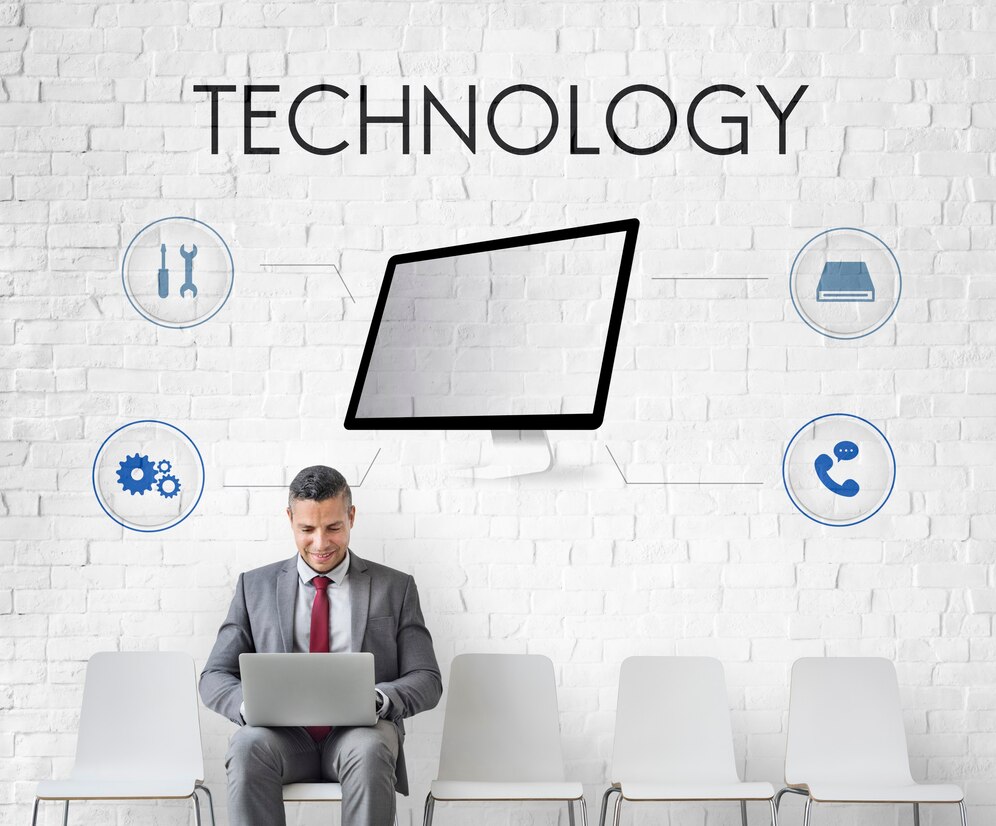The Role of Technology in Personalizing Financial Wellness
Jan 2
/
Peter Waitzman
In today's fast-paced world, technology has become an important part of our daily lives. From communication to entertainment, technology has revolutionized various aspects of our lives. One area where technology is making a significant impact is in personalizing financial wellness. With the help of advanced tools and applications, individuals now have the opportunity to take control of their finances and improve their overall financial well-being. In this article, we will explore the role of technology in personalizing financial wellness and how it is empowering individuals to make informed financial decisions.
The Benefits of Personalized Financial Wellness
Before we dive into the role of technology, it is important to understand the benefits of personalized financial wellness. When individuals have a clear understanding of their current financial situation and the steps they need to take to achieve their financial goals, they are more likely to make informed financial decisions. Personalized financial wellness empowers individuals to:
Achieve Financial Goals: By analyzing their financial data and creating personalized plans, individuals can set realistic goals and take the necessary steps to achieve them.
Manage Spending: With the help of technology, individuals can track their expenses and identify areas where they can cut back on unnecessary spending. This can lead to better budgeting and increased savings.
Plan for Retirement: Personalized financial wellness tools can help individuals determine the amount they need to save for retirement and create a plan to reach their desired retirement goals.
Reduce Debt: By providing insights into debt management, technology can help individuals develop strategies to reduce and manage their debts effectively.
The Role of Technology
Now let's explore the role of technology in personalizing financial wellness:
Financial Aggregation Tools
Financial aggregation tools are software applications that consolidate an individual's financial data from various sources into a single platform. These tools allow individuals to view their bank accounts, investment portfolios, credit card transactions, and other financial information in one place. This comprehensive view of finances enables individuals to analyze their spending patterns, identify areas for improvement, and make more informed financial decisions.
Budgeting and Expense Tracking Apps
Budgeting and expense-tracking apps have gained popularity in recent years due to their ability to help individuals manage their finances more effectively. These apps allow users to set budgets, categorize expenses, and track their spending in real time. By providing insights into spending habits, individuals can make adjustments and prioritize their financial goals. Some apps even provide personalized recommendations to help individuals save money and reduce unnecessary expenses.
Robo-Advisors
Robo-advisors are automated investment platforms that use algorithms and artificial intelligence to provide personalized investment recommendations. These platforms consider an individual's financial goals, risk tolerance, and time horizon to suggest suitable investment portfolios. Robo-advisors eliminate the need for traditional financial advisors and make investing more accessible and affordable for a wider range of individuals.
Financial Education Platforms
Technology has also made financial education more accessible to individuals. Online platforms provide a wealth of resources, including articles, videos, and interactive tools, to help individuals improve their financial literacy. These platforms cover various topics such as budgeting, investing, retirement planning, and debt management. By increasing financial knowledge, individuals can make better decisions and take control of their financial well-being.
The Impact of Technology on Personalized Financial Wellness
The integration of technology into personal finance has had a significant impact on individuals' financial well-being. Studies have shown that individuals who use technology to personalize their financial wellness:
Have better control over their finances and are more likely to achieve their financial goals.
Are more aware of their spending habits and can make adjustments to improve their financial situation.
Are more likely to save for retirement and have a clear plan in place.
Can effectively manage their debts and reduce financial stress.
Have access to personalized investment recommendations, leading to better investment decisions.
Conclusion
Technology has revolutionized personal finance by providing individuals with tools and resources to personalize their financial wellness. With the help of financial aggregation tools, budgeting apps, robo-advisors, and financial education platforms, individuals can take control of their finances and make informed decisions. The impact of technology on personalized financial wellness is evident in the improved financial well-being and increased financial literacy of individuals. Embracing technology in personal finance is crucial for creating a path toward a healthier financial future. So, leverage the power of technology and start personalizing your financial wellness today.

Peter Waitzman
Founder
Expedition Money LLC
Fully Invested
A Financial Wellness Program That Works
www.creditunionfinancialwellness.com
www.smallbusinessfinancialwellness.com
www.employeefinancialwellness.net
Company
Policy Pages
As Seen On









Copyright © 2026


